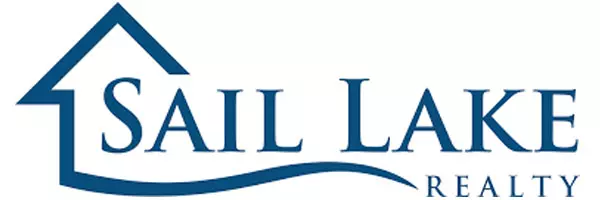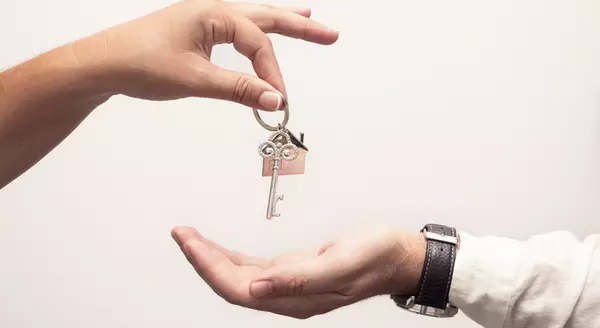Blockchain Technology in Real Estate: Revolutionizing Transactions and Security

Blockchain technology, initially associated with cryptocurrencies like Bitcoin, is rapidly gaining ground in various industries, and real estate is no exception. Its decentralized and secure nature is transforming how real estate transactions are conducted, offering enhanced security and efficiency. In this blog, we'll delve into how blockchain technology is revolutionizing real estate transactions and bolstering security in the industry.
-
Transparent and Immutable Transactions:
Blockchain operates on a decentralized ledger, providing transparency and immutability to real estate transactions. Once a transaction is recorded on the blockchain, it cannot be altered or deleted. This feature reduces the risk of fraud and ensures that the transaction history is transparent to all parties involved.
-
Smart Contracts for Efficiency:
Smart contracts are self-executing contracts with the terms directly written into code. In real estate, smart contracts automate processes such as property transfers, payments, and escrow. This not only reduces the need for intermediaries but also streamlines transactions, making them faster and more cost-effective.
-
Fraud Prevention:
Property fraud is a concern in the real estate industry. Blockchain technology prevents fraud by securely recording property titles and ownership. Each property on the blockchain has a unique digital signature, making it virtually impossible for fraudulent ownership claims to go unnoticed.
-
Global Transactions:
Blockchain technology has the potential to facilitate global real estate transactions. Buyers and sellers from different parts of the world can transact seamlessly, overcoming the barriers posed by currency conversion and international regulations.
-
Tokenization of Real Assets:
Blockchain enables the tokenization of real estate assets. Properties can be divided into digital tokens, making it easier for investors to own fractional shares of high-value properties. This opens up real estate investments to a broader range of individuals.
-
Efficient Due Diligence:
The blockchain's transparent ledger simplifies due diligence processes. Buyers and investors can access property history, including records of maintenance, renovations, and past sales, with ease. This reduces the time and effort required for research.
Conclusion:
Blockchain technology is ushering in a new era for the real estate industry by revolutionizing transactions and enhancing security. Its transparent and immutable ledger, smart contract capabilities, and fraud prevention mechanisms are reshaping the way real estate deals are conducted. As blockchain technology continues to evolve and gain widespread acceptance, it promises to bring increased efficiency, accessibility, and trust to the real estate market. Embracing blockchain is not just a technological advancement; it's a step toward a more secure and streamlined future for real estate transactions.
Categories
- All Blogs (781)
- Buyer's Market (9)
- Cash Flow (2)
- Design and Maintenance (42)
- Featured Listings (6)
- First-Time Home Buyers (39)
- Holidays (5)
- Home For Sale (7)
- Home Loans (3)
- Home Pricing (3)
- Home Showing (2)
- Homeowners (24)
- Investment Properties (9)
- Market Update (10)
- Mortgages (9)
- Real Estate Fun Facts (12)
- Real Estate Investors (22)
- Real Estate Marketing (13)
- Seller's Market (4)
- Selling Your Home (20)
- Sold Homes (12)
- South Jersey Updates (26)
- This Weekend Happenings (28)
- Tips For Home Buyers (17)
Recent Posts

![Builders Are Building Smaller Homes [INFOGRAPHIC]](https://img.chime.me/image/fs/chimeblog/20240504/16/w600_original_39aacbf5-2468-464c-acda-b86e3e29eff4-png.webp)








GET MORE INFORMATION

